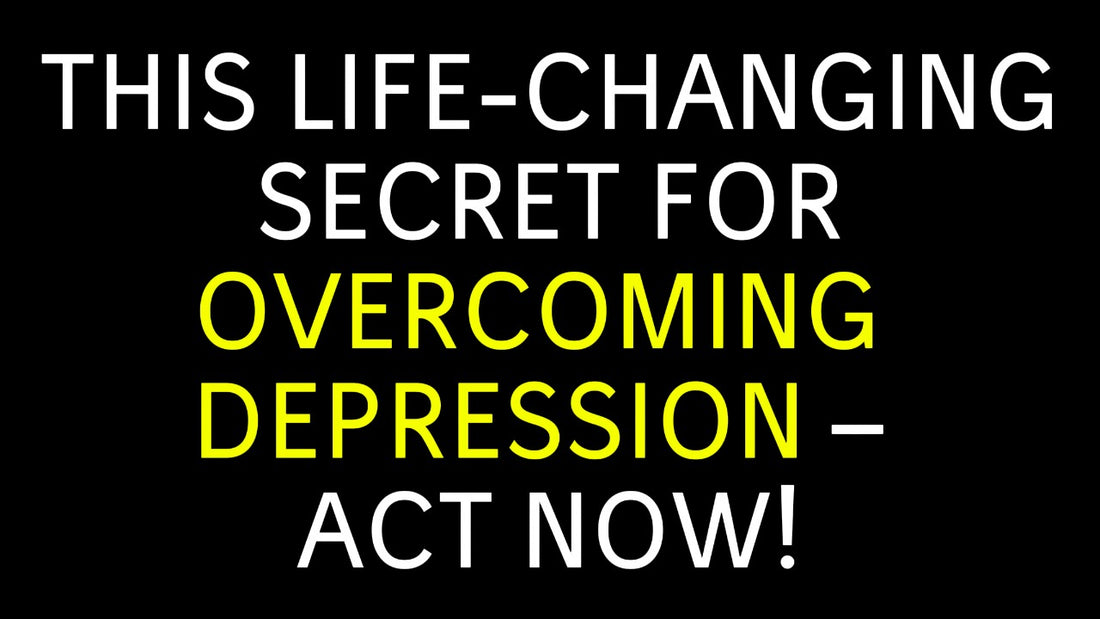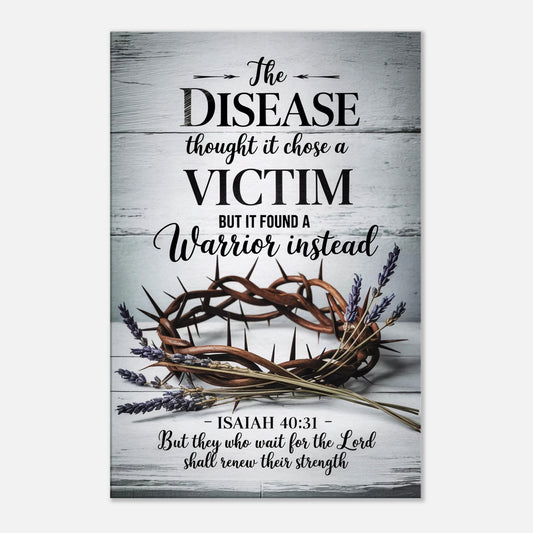
Robin Williams, Kobe Bryant: Mental Health, Substance Abuse, and Faith
I’ve witnessed how mental health challenges can deeply affect individuals and families alike. Today, I want to discuss the journeys of two beloved figures—Robin Williams and Kobe Bryant—and how their struggles with mental health and substance abuse reveal the critical role faith can play in healing and recovery.
The Pain Behind the Smiles: Robin Williams and Depression
Robin Williams brought laughter and joy to millions, but behind his radiant smile was a long battle with depression. It's heartbreaking to think that someone who brought so much light into others' lives was experiencing so much darkness within. Depression, as we know, is not a sign of weakness but a cry for understanding and help. I often wonder if more conversations about faith and mental health could have provided an additional layer of support for him.
Robin Williams’ story teaches us a crucial lesson: we can never truly know what someone is going through behind closed doors. In the Church, we sometimes shy away from discussing depression, but the Bible doesn’t ignore it. David’s cries in the Psalms and Elijah’s plea for death in 1 Kings 19 reveal that even God’s chosen ones faced despair. If Robin had received more faith-based encouragement to see the value of his life, could it have made a difference? It’s a question we can only answer by being proactive in our own communities.
Kobe Bryant: A Story of Redemption and the Role of Faith in Healing
Kobe Bryant’s journey, though different, also highlighted the impact of inner battles. Early in his career, Kobe faced accusations and public scrutiny that affected his personal life and mental well-being. While he wasn’t publicly known for substance abuse, his struggles with anger, identity, and faith brought him to a pivotal moment of spiritual introspection. In the aftermath of these trials, Kobe turned to his faith, reconnected with his family, and became an advocate for personal growth and redemption.
Faith can offer a strong anchor during tumultuous times. Kobe found solace and direction in spirituality, which played a role in his transformation from a troubled young man to a figure of inspiration and fatherhood. His story reminds us that faith isn’t a magical cure-all, but it can provide a framework for healing, forgiveness, and renewal. If more athletes and public figures spoke about their spiritual journeys, it could break down the stigma surrounding mental health in the world of sports.
Addiction, Depression, and Faith: The Intersections
Mental health and substance abuse often go hand-in-hand. Addiction, whether it’s to drugs, alcohol, or unhealthy behaviors, can be a means of coping with internal pain. For those struggling with these issues, faith can offer a path to recovery that traditional treatments may not fully address.
Faith-based treatment for addiction integrates spiritual practices such as prayer, Bible study, and community support with traditional therapy. Christian counseling and faith-based support groups have helped many individuals understand that they are not alone, that their identity is not defined by their addiction or depression, and that God’s grace is sufficient to bring healing and restoration.
I’ve seen the power of these resources firsthand. A dear friend of mine battled alcohol addiction for years. It wasn’t until she entered a faith-based recovery program that she began to see herself through God’s eyes—as a beloved daughter worthy of love and forgiveness. With the support of her church community and a renewed sense of faith, she found the strength to overcome her addiction and now volunteers at a local Christian counseling center.
The Role of Prayer and Hope in Overcoming Mental Health Challenges
Prayer is often underutilized in discussions about mental health. Yet, studies have shown that prayer can reduce stress, foster a sense of peace, and provide an outlet for expressing pain and seeking guidance. When we pray, we’re acknowledging that we cannot carry our burdens alone—that we need God’s help and the support of others.
For those struggling with depression and addiction, prayer can be a powerful tool in reclaiming hope. The Bible reminds us that God is close to the brokenhearted (Psalm 34:18) and that He desires to bring healing and restoration to those who seek Him. By integrating prayer into their mental health journey, individuals can find strength and encouragement, knowing that God is with them every step of the way.
Faith-Based Resources for Mental Health: Breaking the Stigma
There is still a strong stigma associated with mental health struggles, particularly within the Christian community. Some fear being seen as weak or lacking in faith. But this perception couldn’t be further from the truth. Acknowledging our mental health needs is not a sign of weakness—it’s a sign of courage and strength.
Faith-based resources such as Christian counseling, faith-based support groups for addiction, and community prayer circles can provide safe spaces for individuals to express their struggles without judgment. Churches can also play a significant role in promoting mental health awareness by offering workshops, sermons, and discussions that break down the stigma and encourage members to seek help.
Faith and the Power of Community: Overcoming Together
The power of community cannot be overstated when it comes to mental health and substance abuse recovery. Whether it’s a church group, a support circle, or just a few trusted friends, having people who walk alongside us in our struggles can make a world of difference. The Bible calls us to bear one another’s burdens (Galatians 6:2), and this command is essential when addressing mental health challenges.
In my own life, I’ve found that the support of my church family has been invaluable. When I went through a particularly tough time—battling loneliness and the stress of raising two daughters on my own—the prayers and encouragement of my church friends lifted me up and reminded me that I am not alone. Sharing our stories and supporting one another is a beautiful way of embodying Christ’s love.
Final Thoughts: Faith, Mental Health, and Healing
The stories of Robin Williams and Kobe Bryant serve as powerful reminders of the complexities of mental health and the need for open conversations about these struggles. Faith, when embraced in love and truth, can be a source of strength and healing for those wrestling with depression, addiction, or any other form of mental health challenge.
If you or someone you love is struggling, I encourage you to seek both professional help and faith-based support. God does not desire for us to face our battles alone. He offers hope, love, and a community of believers ready to lift one another up. Remember, there is no shame in seeking help—it’s a step toward the healing and freedom God desires for us all.




